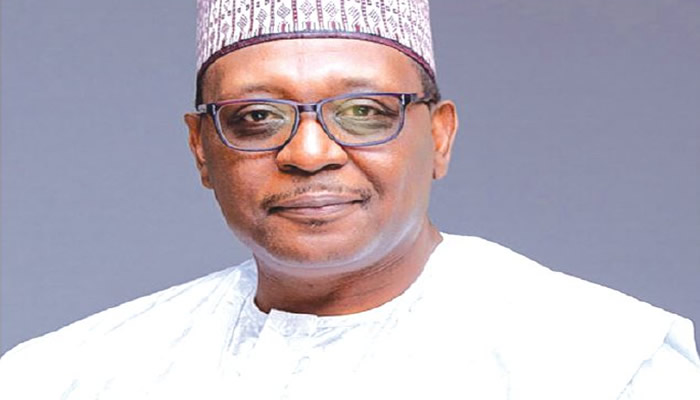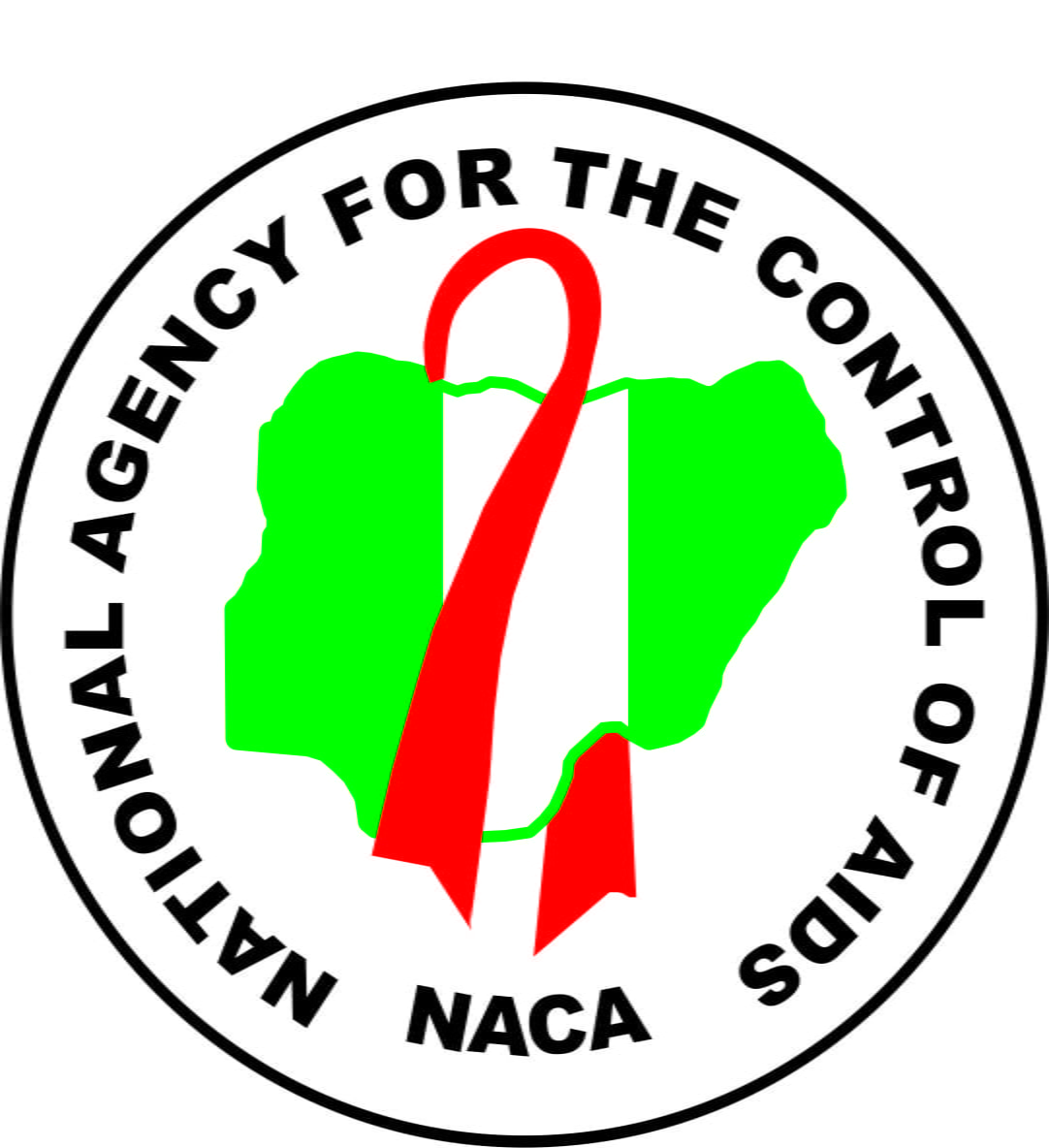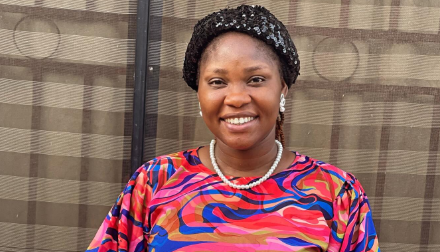The Coordinating Minister of Health and Social Welfare, Prof Muhammad Pate, says the Federal Government is in the process of pool-procuring essential medicines to ensure quality, availability, and affordability of drugs in public facilities.
Pate said this on Thursday in Abuja at an event held in commemoration of the Universal Health Coverage Day with the theme, “Health on the house of government.”
He noted that the three-year Presidential Initiative for Unlocking the Healthcare Value Chain was unveiled a year ago to save lives, reduce physical and financial pain, and produce health for all Nigerians.
“We recognise the increasing cost of health care (services and drugs), and to provide succour to the population in the short term, under the PVAC, we are in the process of pool-procuring essential medicines to ensure quality, availability, and affordability of these drugs within our public facilities.
In the medium and long term, the local manufacturing of pharmaceutical products and commodities will help reduce costs and ensure availability within the country. This contributes to UHC’s goal of reducing the financial burden of health services,” he stated.
He also emphasised that the government is undertaking deliberate and well-considered measures that will impact Nigeria’s economy positively and reduce both physical and financial pain, which aligns with the goal of the UHC to reduce out-of-pocket health expenditure and impoverishment from healthcare spending.
“Over the last year, the prices of food, drugs, transportation, and subsistence have increased. All of which impact health seeking behaviour, health outcomes and cost of health services. There will be a cost to achieve the plans laid out. The required revenue must be raised responsibly without causing Nigerians additional pain.
The latest National Health Account expenditure data by the Federal Ministry of Health and Social Welfare, and the National Bureau of Statistics estimate the total health expenditure per Nigerian at under $100. The government spends $15.5 per capita, and external development assistance accounts for $10.5 per capita. This means Nigerians spent over $70 per capita. There needs to be a radical shift in this distribution. We must transfer risks and financial burdens from individuals to governments and their implementation schemes.
“To ensure effective and efficient use of the resources, we have adopted the Sector-Wide Approach grounded in the following core principles to drive our vision and achieve our set goals: One Plan, One Budget, One report, One Conversation and One Voice. I am happy that all our state Governors have identified with our vision through the signing of the Compact



